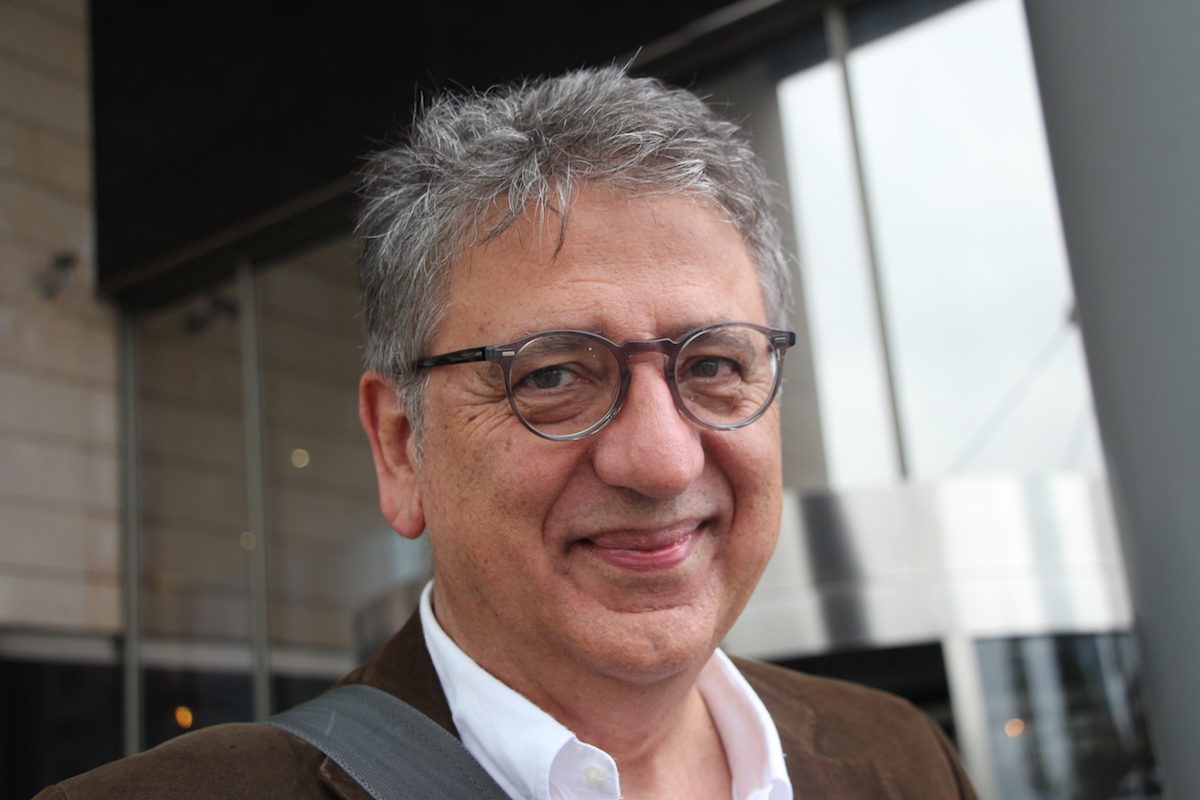Guilherme Figueiredo is a Doctor Rheumatologist, he was Director of the Rheumatology Service at Hospital do Divino Espírito Santo, in Ponta Delgada, Azores, and is currently the Executive Director of CAL - Clinic of the Locomotor System. With a special interest in the use of cannabinoids in chronic pain, Guilherme made a Graduate in GMP's (Good Manufacturing Practices) of Medicinal Cannabis at the Military Chemicals and Pharmaceuticals Laboratory.
following the news of the approval of cannabis flowers with 18% THC in Portugal, the first to be authorized by Infarmed, we sent some questions to Guilherme Figueiredo, to find out how he can use them in his clinical practice.
In your opinion, what does the approval of this first product on the market represent?
As a rheumatologist for 32 years, I believe that this approval represents a lot, objectively and subjectively, as it is the first direct derivative of the “Cannabis sativa” plant to be approved in Portugal, two years after the approval of the Medicinal Cannabis regulation and for in addition to another drug formulation, Sativex, which has a very specific approval in terms of medical indication – treatment of pain and muscle spasms in Multiple Sclerosis in patients resistant to approved therapies. On the other hand, it is a formulation with practically exclusive content of THC that allows, alone or in association with CBD, to build broader and more diversified therapeutic schemes for the treatment of pain.
Does the leaflet for healthcare professionals have all the information you need to prescribe?
Yes, the SmPC (Summary of Drug Characteristics) is very complete and clarifies the different aspects involved in therapy with this product, that is: its chemical nature and pharmacological properties, the different dosages to be adopted, its desirable and undesirable effects. and short-term and long-term security aspects, etc. Finally, the normal that is required by international standards and the profile of Infarmed's usual requirement. I would even say more than what is normally required for non-reimbursed products, of ACM authorization (Marketing Authorization), as this one is.
How many patients do you think could benefit from it?
Cannabinoids have not become, overnight, the great panacea for the treatment of chronic pain and inflammation, referring only to the scope of my specialty, much less a new paradigm. They represent yet another and new therapeutic possibility, considered as an alternative treatment in the event of failure or intolerance to other existing treatments that patients have been carrying out. In this sense, I do not foresee that, in the short term, there will be many thousands of potential users. Cases should be selected by a set of relatively fine criteria and treatments designed in a personalized way in view of the different clinical problems, comorbidities, personality profile and the social and cultural background of the patients. It will require special efforts in the aspects of patient information and education, given that it is a new therapeutic group, as well as, upstream, pre- and post-graduate medical training, a subject in which we are very late.
What other products do you expect to see approved in the future in Portugal or which are the ones your patients most need at the moment?
Hopefully, other approvals will follow in a short period of time, namely more inflorescences for vaporization, of oils/sprays for absorption by the oral mucosa, of softgel capsules for oral administration, of slower metabolism and effect, with CBD isolated and/or that combine CBD:THC in concentrations and proportions that have already been relatively studied and proposed in other markets, such as the Canadian or Dutch. This will allow clinicians and patients to have access to a varied portfolio of formulations, offering more flexible dosage forms adapted to their different needs.










































